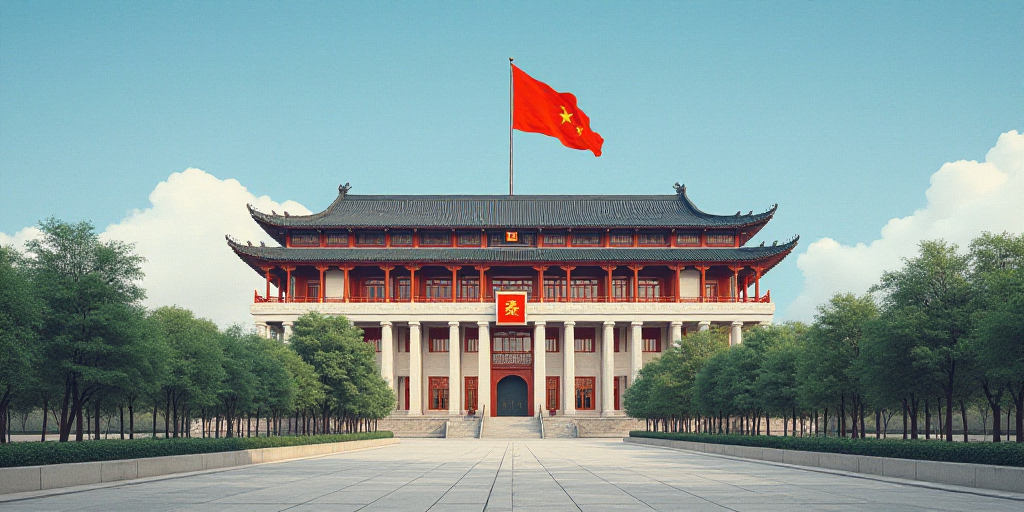Background on China’s Interest Rates
China, the world’s second-largest economy, has been implementing monetary policies to support its economic growth. The country’s central bank, the People’s Bank of China (PBOC), adjusts interest rates to influence borrowing and spending in the economy.
Who is the People’s Bank of China (PBOC)?
The PBOC is China’s central monetary authority, responsible for managing the country’s money supply and interest rates. It was established in 1948 and plays a crucial role in maintaining financial stability and promoting economic growth.
Recent Monetary Measures
In May, the PBOC took significant steps to ease monetary policy. These measures included reducing the one-year and five-year loan prime rates, as well as lowering reserve requirement ratios for banks. These actions aimed to stimulate economic growth amidst global trade tensions, particularly the ongoing US-China trade war.
Impact of Interest Rate Changes
The one-year loan prime rate, currently at 3.00%, is the benchmark for new and existing loans in China. Meanwhile, the five-year loan prime rate at 3.50% influences mortgage rates. These interest rates affect various sectors, including businesses and homebuyers.
Market Expectations
According to a Reuters survey of 20 market participants, there was a consensus that interest rates would remain unchanged in June. This expectation was based on the PBOC’s recent measures to support the economy.
Key Questions and Answers
- Q: What are the current interest rates in China? A: The one-year loan prime rate is 3.00%, and the five-year loan prime rate is 3.50%.
- Q: Why did China adjust its interest rates in May? A: The PBOC reduced interest rates to stimulate economic growth amidst global trade tensions, particularly the US-China trade war.
- Q: How do these interest rate changes affect the Chinese economy? A: Lower interest rates encourage businesses and individuals to borrow more, which in turn boosts spending and investment, supporting economic growth.
- Q: What are the implications of unchanged interest rates in June? A: Maintaining current interest rates indicates that the PBOC believes its recent measures have provided sufficient support to the economy, at least for now.
Conclusion
China’s decision to keep interest rates unchanged in June reflects its commitment to sustaining economic growth amid global trade uncertainties. The PBOC’s recent monetary easing measures aim to mitigate the impact of trade tensions on the Chinese economy.






